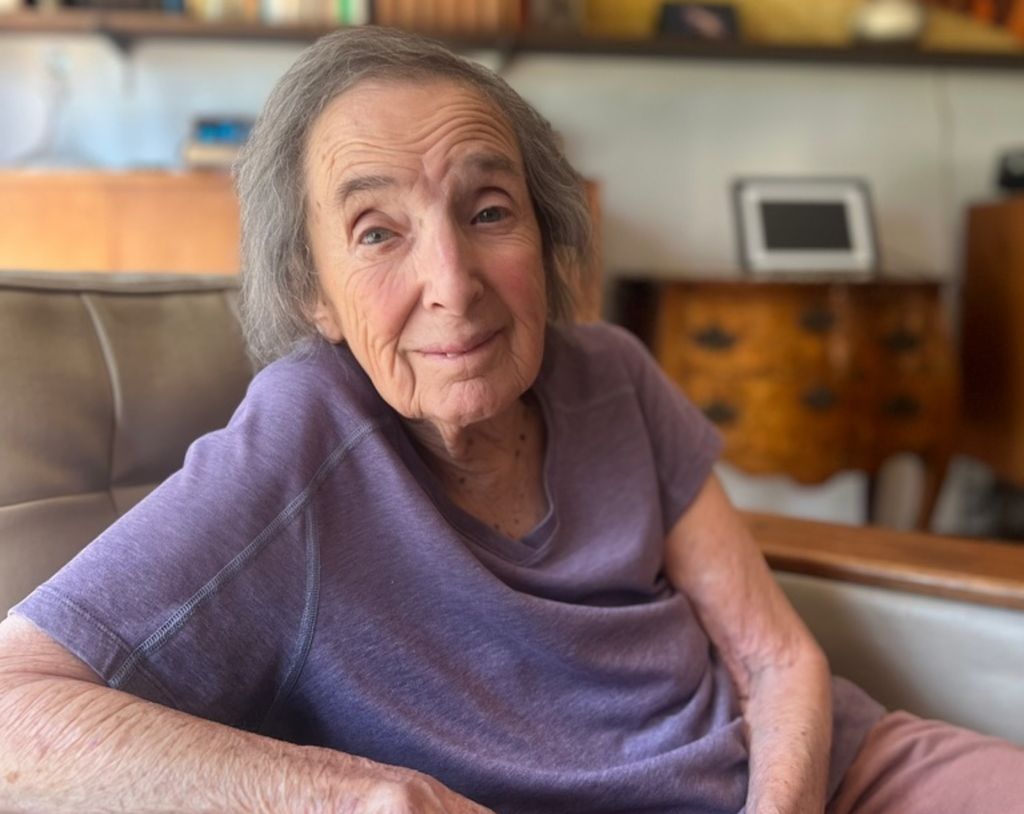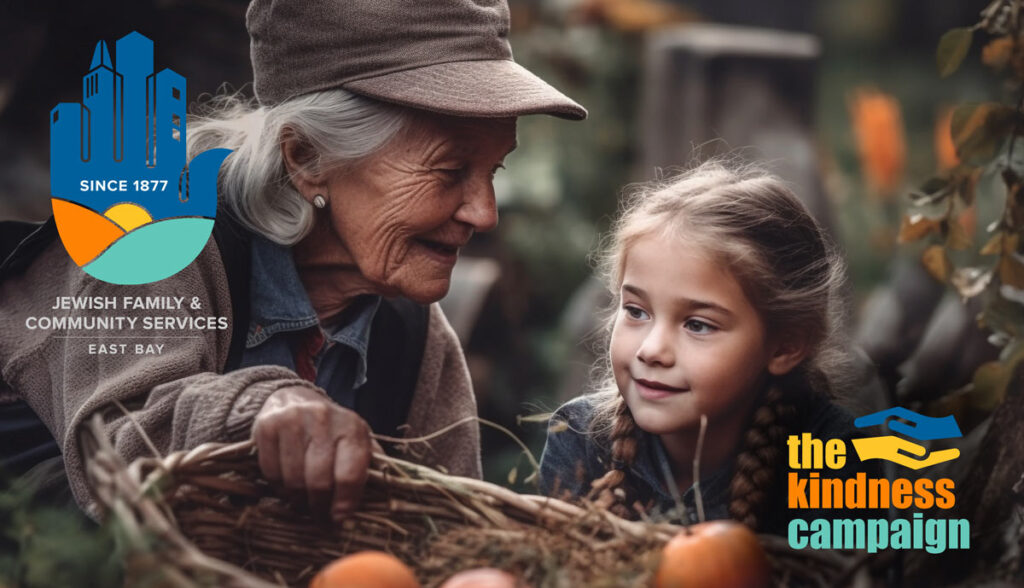I was ten years old when I left Berlin. It felt like I was going away for summer camp. I was an only child. My parents didn’t tell me there was a war. I don’t think any of us children really knew. We just packed our little suitcases and climbed onto a train. I wore a name tag around my neck and thought of it all as a great adventure.
In reality, I was part of the Kindertransport. After Kristallnacht, the British government agreed to accept 10,000 unaccompanied Jewish children from Nazi-occupied Europe. I was one of them. I left Berlin on March 15, 1939. I was placed with a Jewish pediatrician and his wife in London. They already had five children of their own but took in twelve more. They tried to give us some kind of normal life—we went to public school, swimming, and on outings. It really did feel like a summer holiday at first.
I missed my parents, but it never occurred to me that I might not see them again. I didn’t understand that families were being torn apart. I was a child.
My mother managed to come to England a few months later as a domestic servant. That was the only way an adult could get in—you had to have a job lined up. My father stayed behind. He had a visa to go to Cuba in 1942, but Hitler had passed an edict that men under 50 weren’t allowed to leave. He was 48. He was deported and later killed in Auschwitz.
When my mother arrived, it was a Friday night. I opened the door and there she was. I didn’t even know she was coming. I was so surprised, I couldn’t speak. I just stared at her. I still remember the coat she wore—thin blue and white stripes. That moment has stayed with me my whole life.
During the war, I was evacuated again—this time from London to the countryside. I ended up in a boarding school in Cornwall and graduated in 1945. In 1947, my mother and I immigrated to the United States together. We settled in Los Angeles when I was 19.
It was hard at first. I didn’t want to leave England – I had friends there, friends from before the war, even. My grandmother and aunt were already living in Los Angeles – the plan was always that all of us would try to immigrate to the United States. At first, we lived with my aunt, then rented a room, and eventually got our own apartment. There was a housing shortage. I didn’t know what kind of career I wanted. My uncle thought girls didn’t need college—he paid for me to go to secretarial school. But I worked during the day and went to college at night. I was the only one in my circle who wanted a degree. I was a legal secretary for a while. Eventually, I became a social worker. I wanted to help people feel less alone—maybe because I knew what it was like to feel that way.
I moved to Berkeley in 1954 to earn my social work degree. I think I needed some distance from the refugee community. It was just too sad. I built a life here. I got married, had two children, and worked in the Bay Area for decades as a social worker. My husband passed away in 1990. I’ve been on my own since then.
Today, I’m still connected to Jewish Family and Community Services. They were there when I first came to the U.S., and they’re still part of my life now. Through their Holocaust Survivor Services, I’ve been part of a writing group for many years. We write about our experiences, and we meet to celebrate Jewish holidays together. We’ve had readings, speakers, and community meals. Now we often meet on Zoom. There are fewer of us now. Many from my generation have passed. More of the survivors today are from Eastern Europe and speak Russian. The staff has adapted—they have Russian-speaking social workers now. They’ve also helped me arrange care when I’ve needed it, including getting financial support from the German government for Holocaust survivors. It’s comforting to know there’s someone to call.
For me, having a community like this is everything. We remember together. We support one another. And even now, after all these years, I know I’m not alone.
— Ilse Eden









